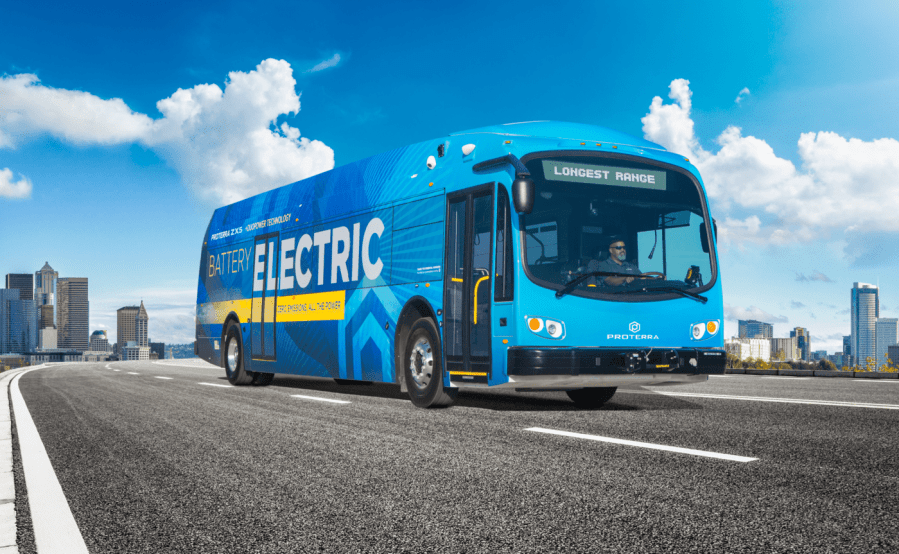AUSTIN (KXAN) — With the city of Austin working toward a 2040 goal of having net-zero greenhouse gas emissions, city and CapMetro officials provided a status update on those efforts to the Austin Mobility Committee Thursday.
Rick Harland, assistant director of Austin’s fleet mobility services, said the department is responsible for approximately 7,500 city vehicles and 42 fuel sites. The department has established a goal of purchasing 2,171 electric vehicles by 2040, based on which vehicles in the city’s rotations can most succinctly be transitioned over to electric vehicle alternatives.
Today, he said there are 360 battery electric vehicles operating in its fleet, as well as 174 level 2 EV charging ports incorporated into the department’s infrastructure.
Among the pivot to more city of Austin-owned EVs is a pilot program between fleet mobility services and the Austin Police Department on an EV police pursuit vehicle. The two-year pilot began at the start of the year and utilizes a Chevrolet Blazer EV.
The pilot is designed to study the vehicle’s performance, adaptability and suitability in handling law enforcement operations, Harland said. By the end of this year, the pilot is poised to have EVs on the ground, with APD set to operate the EVs downtown in 2025.
Key focuses of the pilot is analyzing whether the vehicles have the necessary durability, reliability and charge times to operate in a faster paced law enforcement environment.
On CapMetro’s front, Chief Operating Officer Andy Skabowski addressed the transit authority’s recent pause on purchases of new electric vehicles. He said CapMetro remains committed to its own 2040 goal of net-zero carbon emissions, but added changes among manufacturers and technology hiccups are causing CapMetro to reassess how it’ll go about its next vehicle procurements.
Back in 2021, Skabowski said there were six electric vehicle bus manufacturers in the U.S.; now, there are only three remaining. Currently, CapMetro’s EV fleet includes two vehicle types:
- 46 Proterra buses by end of year
- 58 New Flyer buses coming in
CapMetro currently has 416 full-size buses in its fleet, with 92 new EV buses due by the year’s end. Some challenges with EV buses included training mechanics on how to aptly repair them compared to diesel vehicles, as well as some supply chain shortfalls in part replacements.
EV buses also have about an eight-hour battery lifespan, compared to the roughly 16 hours most CapMetro buses spend in rotation each day. CapMetro is working to stand up more end-of-line charging infrastructure, but Skabowski added the agencies is also looking to alternative fueling sources — such as hydrogen cell buses as opposed to battery-operated ones — in its next fleet procurement.
At this stage, CapMetro is poised to receive its next round of procurements in 2026. He said over the next few months, officials will solidify which bus types to order, but added these will likely be hybrid electric buses.
The hope, he said, is that as EV technology continues to mature in the coming years, so, too will supply chain stability and mechanical training.
